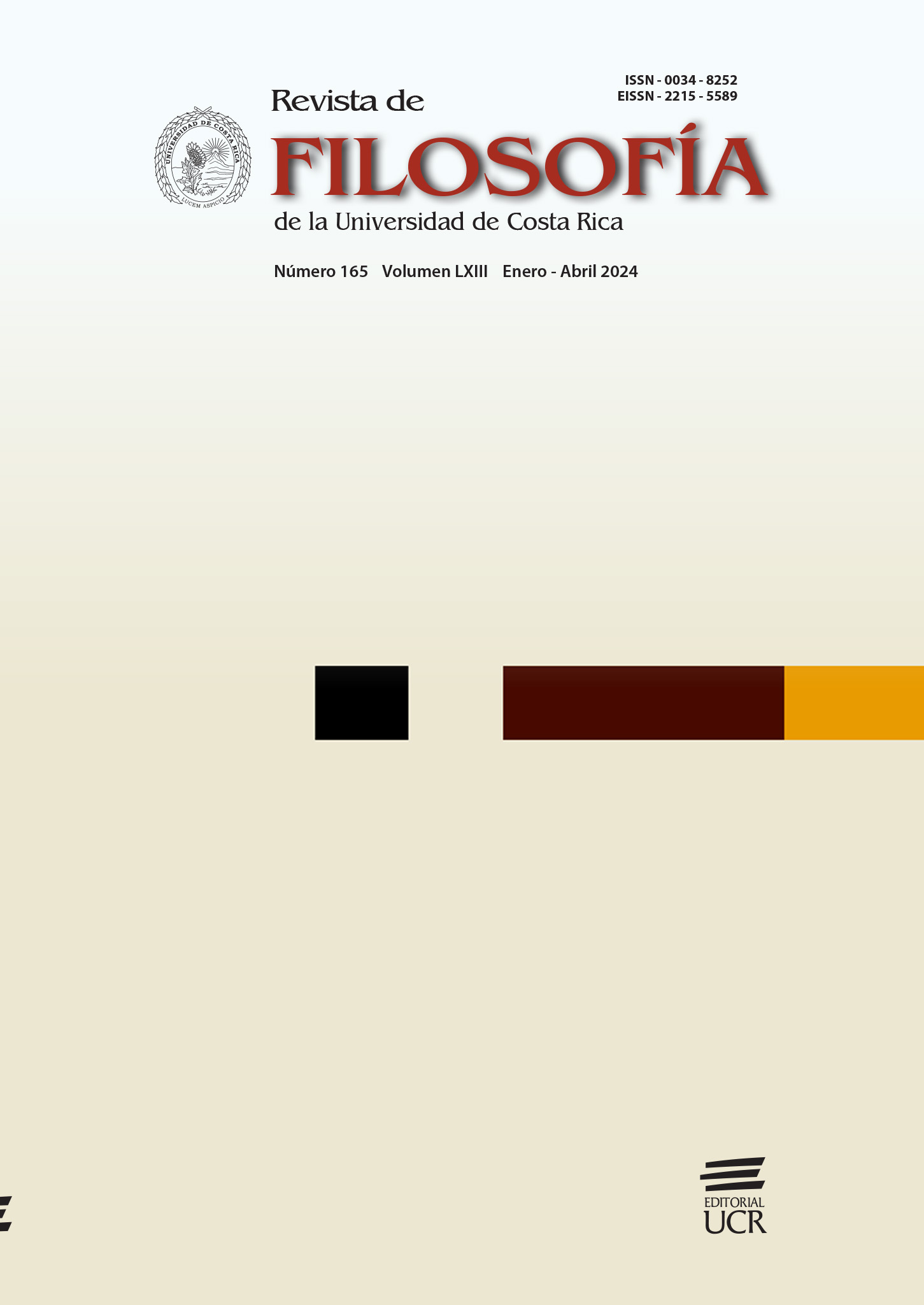Abstract
Mathematics is one of economics most important analytical tools. It is used to describe individual and aggregate behaviour, as well as to validate economic models against real world data. However, recent experimental evidence have shed light in the incomplete and unrealistic nature that economical mathematical models have to teach us. In this paper, I analyze the potential use of mathematical category theory, in some economics’ branches such as behavioural and computational economics, and how these branches can be reconciled with the neoclassical approach.
##plugins.facebook.comentarios##

This work is licensed under a Creative Commons Attribution-NonCommercial-NoDerivatives 3.0 Unported License.
Copyright (c) 2024 Revista de Filosofía de la Universidad de Costa Rica

